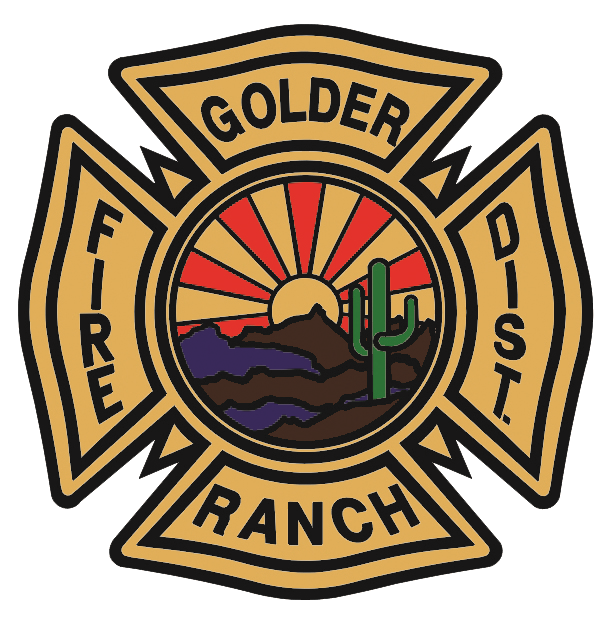Mental Health Information
"To help you better understand what you are going through”Disclaimer
The information below is just a resource and should never be substituted for professional help.
If you are in need of assistance, please click the Jorgensen Brooks – EAP button to get information about the resources available.
Anxiety
The feeling that arises out of any situation or memory that makes you feel out of control and unable to control frustration, anger, or neurotic tendencies. Fear, worry, and restlessness are often sighted as definitions of anxiety. People who suffer from anxiety are often unable to identify or acknowledge the cause of their feelings, which furthers the distressful feelings. It is common for someone with anxiety to excessively worry about everyday situations, regardless of how intense or mild others may perceive the situation.
Click below to learn about Anxiety.
Depression
While the majority of individuals with depression have a full remission of the disorder with effective treatment, only about one third of those suffering from severe depression seek treatment from a mental health professional. Too many people resist treatment because they believe depression isn’t serious, that they can treat it themselves or that it is a personal weakness rather than a serious medical illness.
Click below to learn about Depression.
Substance Abuse
Substance abuse refers to the detrimental use of psychoactive substances, including alcohol and drugs. Psychoactive substance use can lead to dependence syndrome, which typically includes a strong desire to take the drug, difficulties in controlling its use, persisting in its use despite harmful consequences, a higher priority given to drug use than to other activities and obligations, increased tolerance, and sometimes a physical withdrawal state.
Click below to learn about Substance Abuse.
PTSD
People with PTSD have intense, disturbing thoughts and feelings related to their experience that last long after the traumatic event has ended. They may relive the event through flashbacks or nightmares. They may feel sadness, fear or anger, feel detached or estranged from people, or may have a desire to hurt themselves or others.
Click below to learn about PTSD.
Cancer Support
Decades of research shows that firefighters face an increased risk of developing cancer due to occupational exposures. In fact, cancer is a leading cause of firefighter deaths in the U.S. Fortunately; research has also shown that there are steps that can be taken to reduce those risks. It is time to cut out cancer.
Click below to learn about Cancer Support.
Sleep Deprivation
How many of us have endured sleep deprivation? If we’re honest, that number can be close to 100 percent because we all have had those nights where the calls came in one after another. Follow that with a day of off-duty events and extra duty. It is no surprise that we can’t get caught up on rest.
Click below to learn about Sleep Deprivation.
Suicide
You are not alone; many of us have had suicidal thoughts at some point in our lives. Feeling suicidal is not a character defect, and it does not mean that you are crazy, weak, or flawed. It only means that you have more pain than you can cope with right now. This pain seems overwhelming and permanent now. However, with time and support, you can overcome your problems and the pain and suicidal feelings will pass.
Click below to learn about Suicide.
FOR AN EMERGENCY SITUATION NEEDING ASSISTANCE ASAP – CONTACT 911
Disclaimer
The information provided is just a resource and should never be substituted for professional help.
If you are in need of assistance, please click the Jorgensen Brooks – EAP button to get information about the resources available.
